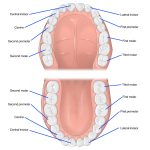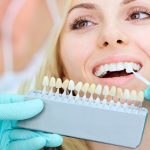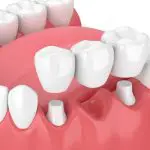Why One Side of Your Mouth Hurts When You Bite: Understanding Tooth Pain Causes
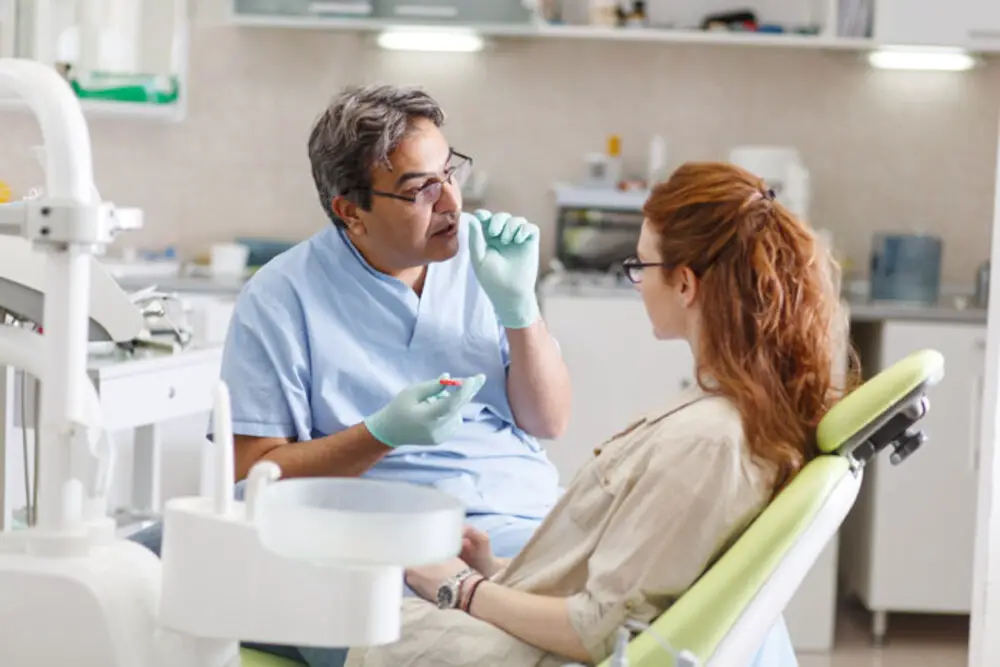
Tooth pain can be an unpleasant experience that affects your overall quality of life. The discomfort can range from a minor irritation to a severe ache that can make it difficult to eat or speak properly. One common type of tooth pain that people experience is pain on one side of the mouth when biting. This type of pain can be caused by a variety of factors, including dental problems, jaw issues, or even sinus infections. Understanding the causes of tooth pain can help you identify the problem and seek appropriate treatment. In this article, we will explore the reasons why one side of your mouth may hurt when you bite, as well as the symptoms and possible treatments for this type of tooth pain. Whether you’re dealing with a mild discomfort or a more severe ache, knowing the underlying causes of your tooth pain can help you take the necessary steps to alleviate your symptoms and restore your oral health.
Tooth pain is a common dental problem that can cause discomfort and affect daily activities. The causes of tooth pain can vary, ranging from dental decay and gum disease to more serious conditions such as abscesses or fractures. Tooth sensitivity to hot or cold temperatures can also be a symptom of tooth pain. One of the most common causes of tooth pain is tooth decay, which is caused by bacteria that produce acid that erodes the tooth enamel. Other causes of tooth pain can include grinding of teeth, trauma to the mouth, or a dental filling that has become loose or damaged. In order to determine the exact cause of tooth pain, it is important to consult with a dental professional who can provide a proper diagnosis and recommend appropriate treatment options.
Dental Issues

Dental issues can be a real pain, both literally and figuratively. One of the most common dental issues is tooth pain, which can be caused by a variety of factors. One possible cause of tooth pain is tooth decay, which occurs when the outer layer of a tooth, called the enamel, is broken down by bacteria. This can lead to a cavity, which can cause pain when you bite down on that tooth. Another possible cause of tooth pain is gum disease, which occurs when the tissue surrounding the teeth becomes inflamed and infected. This can cause pain, sensitivity, and even tooth loss if left untreated. In addition to tooth pain, there are other dental issues that can cause discomfort, such as jaw pain, headaches, and bad breath. Jaw pain can be caused by a variety of factors, including grinding your teeth, clenching your jaw, or having an uneven bite. This can lead to discomfort when eating, speaking, or even sleeping. Headaches can also be caused by dental issues, such as TMJ disorder or teeth grinding. Finally, bad breath can be caused by a variety of factors, such as poor oral hygiene, gum disease, or even certain foods. Regardless of the dental issue you are experiencing, it is important to seek treatment from a qualified dental professional in order to alleviate your symptoms and prevent further damage.
Cavities and decay are common dental problems that can cause tooth pain. When plaque builds up on teeth, bacteria in the plaque produce acids that damage the tooth enamel. Over time, the enamel can wear away, exposing the softer dentin layer underneath. This can lead to the formation of cavities. If left untreated, cavities can deepen and reach the pulp, causing infection, inflammation, and severe pain. Decay can also affect the roots of teeth, causing sensitivity, pain, and even tooth loss. Good oral hygiene, regular dental checkups, and a balanced diet can help prevent cavities and decay. If you experience tooth pain, it’s important to see a dentist as soon as possible to determine the cause and receive appropriate treatment.
Gum disease, also known as periodontitis, is a common dental issue that affects the gums, bones, and other supporting structures of the teeth. It is caused by the buildup of plaque on teeth, which can lead to inflammation and infection of the gums. Gum disease can range in severity from mild gingivitis to advanced periodontitis, which can result in tooth loss. Symptoms of gum disease include red, swollen, or bleeding gums, bad breath, and receding gums. Treatment options for gum disease include professional cleanings, antibiotics, and in severe cases, surgery. It is important to maintain good oral hygiene to prevent gum disease and seek treatment promptly if any symptoms arise.
An abscessed tooth is a dental condition that occurs when a bacterial infection has spread to the root of a tooth and the surrounding gum tissue. This can cause a buildup of pus and inflammation, resulting in severe pain and discomfort in the affected area. Other symptoms of an abscessed tooth may include fever, swollen glands, and a foul taste or odor in the mouth. If left untreated, the infection can spread to other areas of the body and cause more serious health problems. Treatment for an abscessed tooth may involve draining the pus and removing the infected tissue, followed by antibiotics to eliminate the bacteria causing the infection.
Wisdom tooth eruption is a common dental issue that usually occurs in the late teens or early twenties. These teeth are the last to emerge in the back of the mouth and can cause discomfort and pain during the process. Wisdom teeth can become impacted, which means they don’t have enough room to fully emerge, causing swelling and tenderness in the surrounding gums. In some cases, the wisdom teeth may grow at an angle, pushing against the adjacent teeth and causing pain when biting or chewing. It’s important to consult with a dentist if you experience any pain or discomfort during wisdom tooth eruption, as they can provide treatment options to alleviate the discomfort and prevent further complications.
Trauma or Injury
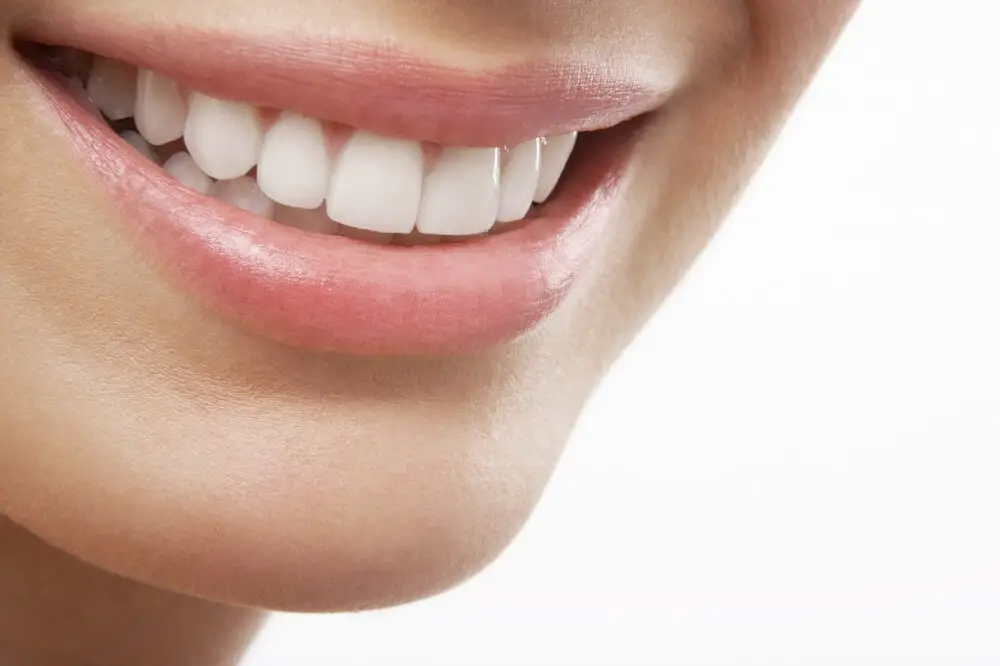
Trauma or injury is one of the common causes of tooth pain. A sudden blow to the mouth or face can cause damage to the teeth, gums, or jawbone, leading to pain and discomfort. This trauma can be caused by accidents, falls, or sports injuries. The pain caused by trauma or injury can range from mild to severe and can be accompanied by swelling, bruising, and bleeding. In some cases, the trauma can lead to a cracked or broken tooth, which can cause severe pain when biting or chewing. It is essential to seek dental treatment immediately after a traumatic injury to the mouth or face. Delaying treatment can cause the pain to worsen and increase the risk of infection or further damage to the affected area. A dentist will examine the extent of the injury and determine the best course of treatment, which may include pain relief medication, antibiotics to prevent infection, or dental procedures such as a root canal or tooth extraction. With prompt and appropriate treatment, most cases of tooth pain caused by trauma or injury can be effectively treated, and the affected individual can return to normal activities quickly.
A cracked tooth is a common cause of pain when biting down. This happens when a tooth has been damaged and a crack has formed in the enamel, exposing the sensitive inner layers of the tooth. The pain caused by a cracked tooth can range from mild discomfort to severe pain, depending on the extent of the damage. A cracked tooth can be caused by a variety of factors, including trauma, biting on hard objects, or simply wear and tear over time. Treatment for a cracked tooth may include a filling, a crown, or in severe cases, a root canal. It’s important to seek treatment promptly to prevent further damage and alleviate pain.
Loose filling is a common cause of tooth pain, which occurs when the filling inside the tooth becomes dislodged or loose. This can happen due to several reasons, such as biting on hard foods, grinding teeth, or tooth decay. When a filling becomes loose, it can create a gap between the tooth and the filling, allowing bacteria to enter and cause inflammation or infection. The pain associated with a loose filling can vary from mild to severe, and it may worsen when biting or chewing. It is important to see a dentist as soon as possible if you experience any tooth pain, especially if it is accompanied by swelling or fever. In most cases, a loose filling can be easily fixed by a dentist, but if left untreated, it can lead to more serious dental issues.
A knocked-out tooth is a serious dental emergency that requires immediate attention. This can occur due to trauma while playing sports or accidents like falls. When a tooth is knocked out, the nerves, blood vessels, and tissues are also damaged, causing pain and discomfort. The tooth must be handled carefully and kept moist to preserve it. It is important to seek dental care as soon as possible to increase the chances of saving the tooth. Treatment may involve replanting the tooth or replacing it with a dental implant or bridge. It is essential to take proper precautions and wear protective gear during high-risk activities to prevent dental emergencies like a knocked-out tooth.
Jaw injury can be a common cause of pain when biting. A jaw injury can occur due to a variety of reasons, including physical trauma, such as a car accident or a fall. It can also happen due to dental procedures, like wisdom teeth extraction or root canal treatment, which can cause stress on the jaw. Jaw injuries can lead to inflammation, swelling, and pain in the jaw, which can make it difficult to bite or chew. It is important to seek medical attention if you suspect a jaw injury as it can lead to long-term complications if left untreated. Treatment options may include pain medication, rest, ice, compression, and physical therapy.
Bruxism or Teeth Grinding

Bruxism or Teeth Grinding is a common condition in which a person involuntarily grinds or clenches their teeth, often during sleep. This condition can lead to a variety of dental problems, such as chipped or worn-down teeth, as well as jaw pain and headaches. In severe cases, bruxism may even cause temporomandibular joint (TMJ) disorder, which can be extremely painful and difficult to manage. There are several potential causes of bruxism, including stress and anxiety, sleep disorders, and misaligned teeth. It is important to address the underlying cause of bruxism in order to effectively manage the condition. Treatment options may include the use of a mouthguard to prevent teeth grinding, stress management techniques, and even physical therapy to address any jaw misalignment or muscle tension. If left untreated, bruxism can lead to serious dental and health problems, so it is important to seek treatment as soon as possible if you suspect that you may be grinding your teeth.
Bruxism is a condition characterized by the grinding or clenching of teeth, often involuntarily, that can lead to significant tooth damage and pain. It is a common problem affecting people of all ages and can be caused by a variety of factors such as stress, anxiety, sleep disorders, and certain medications. Bruxism can also be a result of misaligned teeth, missing teeth, or an abnormal bite. The constant pressure and friction caused by bruxism can lead to worn-down tooth enamel, fractured teeth, and even jaw pain. Treatment for bruxism may include mouthguards or splints, stress management techniques, and dental interventions to correct any underlying dental issues.
Bruxism, a condition characterized by teeth grinding and clenching, can cause significant discomfort and pain. The symptoms of bruxism may include jaw pain, headaches, earaches, and tooth pain. Individuals with bruxism may also experience tooth sensitivity, facial pain, and even tooth fractures or chips. In severe cases, bruxism can lead to TMJ disorders, which can cause additional pain and discomfort. If you experience any of these symptoms, it is essential to seek treatment from a dental professional to prevent further damage to your teeth and overall oral health.
Bruxism, or teeth grinding, can cause pain and discomfort in the teeth and jaw. Treatment options for bruxism vary depending on the severity of the condition. Mild cases may be treated with simple measures such as stress reduction techniques, avoiding stimulating substances like caffeine and alcohol, and using a mouthguard at night to protect teeth from damage. For more severe cases, dental interventions such as orthodontic treatment to correct misaligned teeth or dental restorations to correct bite problems may be necessary. In some cases, medications such as muscle relaxants may also be prescribed to help alleviate symptoms. It is important to consult with a dental professional to determine the most appropriate treatment plan for each individual case.
Sinus Problems
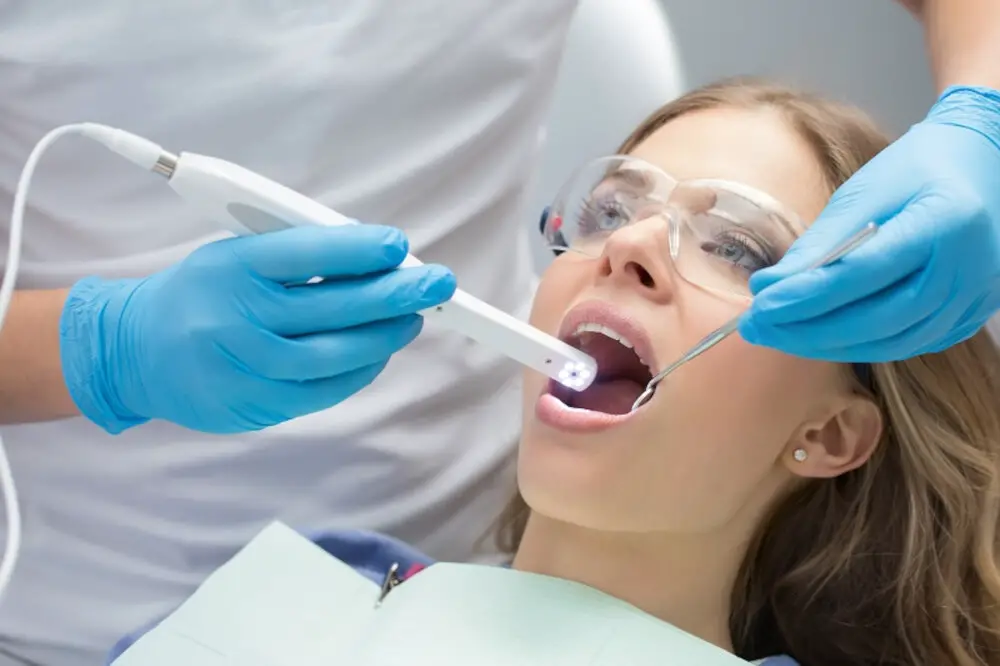
Sinus problems can often cause pain and discomfort in the teeth, particularly in the upper jaw. When the sinuses become inflamed or infected, the pressure can put strain on the roots of the teeth, leading to pain and sensitivity. This pain may be particularly noticeable when biting down or chewing, as the pressure on the teeth exacerbates the discomfort. Sinus problems can also cause pain in the cheeks, forehead, and temples, and may be accompanied by other symptoms such as congestion, headaches, and fatigue. There are several treatments available for sinus problems that can help to alleviate tooth pain and other symptoms. Over-the-counter pain relievers such as ibuprofen or acetaminophen can help to reduce inflammation and relieve pain. Nasal sprays or decongestants can also help to reduce congestion and swelling in the sinuses, easing pressure on the teeth. In some cases, antibiotics may be necessary to treat a bacterial infection in the sinuses. If sinus problems persist or worsen, it is important to seek medical attention to determine the underlying cause and receive appropriate treatment.
The sinuses and tooth pain are intimately related due to their close proximity to each other. In fact, sinus infections can often cause tooth pain as the sinuses are located directly above the upper teeth. When the sinuses become inflamed or infected, the pressure can cause pain in the teeth and gums. Additionally, tooth infections can also lead to sinus pain and pressure as the roots of the upper teeth can extend into the sinus cavity. It’s important to note that tooth pain caused by sinus issues may not be limited to one side of the mouth and may be accompanied by other sinus symptoms such as congestion or headaches. If you’re experiencing tooth pain on one side of your mouth, it’s important to see a dentist to determine the root cause of the pain and receive proper treatment.
Sinus-related tooth pain is a common condition that can cause discomfort and tenderness in the upper jaw and teeth. Some of the symptoms of this type of tooth pain include pressure and pain in the sinuses, which can be felt around the eyes and nose. Additionally, patients may experience tooth sensitivity, particularly when biting down or chewing food. Sinus-related tooth pain can also cause headaches, earaches, and a feeling of fullness or congestion in the sinuses. In some cases, patients may also experience a foul taste or bad breath due to the buildup of mucus and bacteria in the sinuses. If you are experiencing any of these symptoms, it is important to seek prompt medical attention to determine the underlying cause of your tooth pain and receive appropriate treatment.
Sinus-related tooth pain can be a result of sinusitis, an inflammation of the sinuses that may cause pressure on the teeth. To treat this type of pain, it is important to address the underlying sinus issue first. This may involve using decongestants or nasal sprays to reduce inflammation and congestion in the sinuses. Over-the-counter pain relievers like ibuprofen or acetaminophen can also help to alleviate discomfort. In some cases, a course of antibiotics may be necessary to clear up the sinus infection. Additionally, warm compresses or steam inhalation may provide some relief by helping to loosen mucus and reduce pressure in the sinuses. It is important to consult with a healthcare professional to determine the best course of treatment for sinus-related tooth pain.
Identifying the cause of tooth pain is crucial in order to receive the appropriate treatment and alleviate discomfort. Tooth pain can be caused by a variety of factors, including tooth decay, gum disease, injury, and bruxism. Determining the underlying cause is the first step in developing an effective treatment plan, as different causes require different approaches. For example, a cavity may require a filling or a root canal, while a cracked tooth may need a crown or extraction. Delaying treatment or misdiagnosing the cause can lead to further complications, such as infection, abscesses, or even tooth loss. Therefore, it is important to seek the advice of a dental professional and address tooth pain promptly to prevent further damage and discomfort.
If you are experiencing pain on one side of your mouth when you bite, it could be a sign of a dental issue that requires professional attention. It is recommended that you see a dentist for a proper diagnosis and treatment. Ignoring the pain can lead to further complications, such as tooth decay and gum disease. A dentist can examine your teeth and gums, take X-rays, and determine the underlying cause of the pain. Depending on the diagnosis, the dentist may recommend a filling, root canal, or extraction. By seeking prompt dental care, you can alleviate the pain and prevent more serious dental problems from developing in the future.
Conclusion
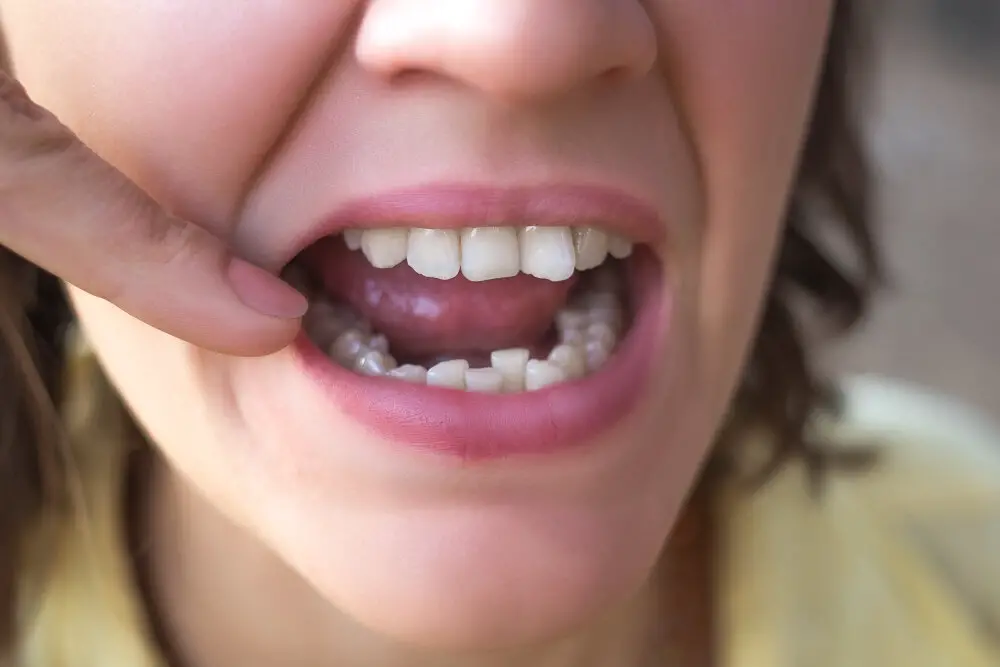
In conclusion, tooth pain can be an excruciating experience, especially when it affects one side of your mouth. Understanding the causes of tooth pain is essential in preventing further damage and seeking the right treatment. It may be due to tooth decay, gum disease, cracked or chipped teeth, or even sinus infections. Neglecting tooth pain may lead to severe complications, including tooth loss, so it’s crucial to seek dental care immediately. Maintaining proper oral hygiene practices, such as regular brushing and flossing, can prevent tooth pain and ensure optimal dental health. Remember, prevention is always better than cure when it comes to dental health.
